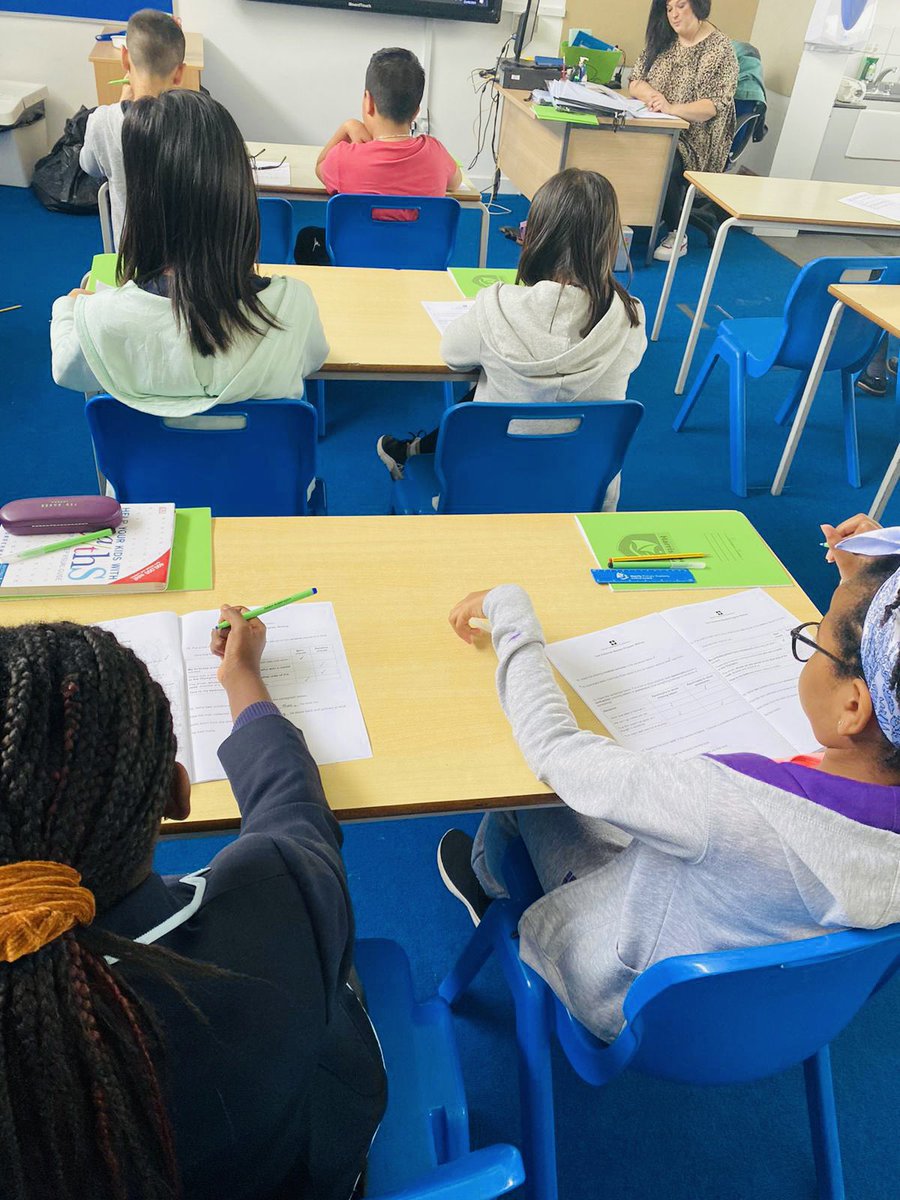Modern Foreign Language
Learning a foreign language is a liberation from insularity and provides an opening to other cultures. A high-quality languages education should foster pupils’ curiosity and deepen their understanding of the world. The teaching should enable pupils to express their ideas and thoughts in another language and to understand and respond to its speakers, both in speech and in writing. It should also provide opportunities for them to communicate for practical purposes, learn new ways of thinking and read great literature in the original language. Language teaching should provide the foundation for learning further languages, equipping pupils to study and work in other countries.
Mandarin lessons allow children to learn about the language, writing and culture of China and beyond.
A linguist needs:
- Good communication skills
- Cross cultural skills
- Analytical skills
- Research skills
Intent: Introduction, Vision, and Philosophy
The purpose of this document is to clarify the how, why, and what of Mandarin teaching in our Academy. This is to be used by staff to clarify expectations, highlight the resources that we have at our disposal, and to ensure that a high-quality Mandarin curriculum is being taught to all. We want our children to be inquisitive and respectful about the language and culture of China. We want children to understand how they, their family and friends live is different to how others di in other parts of the world and to develop a curiosity about that.
A high-quality Mandarin education will help pupils gain a knowledge and understanding of the language of another culture and a comparison of their own. Teaching should equip pupils to ask perceptive questions, think critically, weigh evidence, sift arguments, and develop perspective and judgement.
Implementation:
What does Mandarin look like?
Overview:
Our curriculum aligns with the Aims and Subject Content of the KS2 National Curriculum but also allows the opportunity for pupils in Y5 to sit the internationally recognised ‘Youth Chinese Test’ Level 1. This is primarily a test of reading and listening and covers basic vocabulary and structures that would be part of any beginner primary Mandarin curriculum regardless of the test. It is not therefore expected to create an additional burden on pupils, but to acknowledge their hard work and attainment in the language which will hopefully contribute to raising the profile of the language within the whole school community and will also give them something concrete to take on to secondary school.
The scheme of work is based on a ‘spiral curriculum’ model with pupils frequently revisiting and building on prior knowledge. For example, in Y2 pupils will study Chinese zodiac animals in Spring 1 and will revisit animals in the ‘Brown bear’ unit in Summer 2. In the ‘Brown bear unit’ they will also begin to describe the animals using a range of colours and the ‘de’ grammar structure.
Learning in Y2 has a focus on speaking and listening skills, with pupils beginning to be exposed to pinyin but without explicit systematic teaching of the pinyin phonetic system. However, the reading and writing of characters will not be part of the core learning or assessment.
In Y3 & Y4, pupils will build on learning from Y1 & Y2 with an increased emphasis on reading and pronunciation using the pinyin phonetic system. Supplementary phonics resources are available, and it is expected that teachers will use pupils’ significant understanding of English phonics to help them tackle phonics in a second language.
Beyond the YCT Level 1 Test in Y4, the focus then shifts to preparing pupils for the option of further language study in secondary and in particular, in being able to read and write a greater number of Chinese characters. These are introduced systematically throughout the curriculum, beginning with simple strokes and ‘pictograms’ (where the character resembles an image) and moving on to radicals, components and more complex characters. Whilst pupils will be able to speak and write sentences in pinyin from Y3, throughout Y5 and Y6, they will begin to substitute a great number of characters. To aid in the difficult task of being able to write a range of characters from memory, it is suggested that schools begin to set character writing homework from Y5.
Unit
The sequence of learning has been outlined by the rationale above. Within each unit there is a pre-planned sequence of learning. Teachers plan the unit of work starting from the end point of the last history unit. Knowledge is then built-up week by week to move through the aspect of history being covered so that there is a clear progression of learning through each unit. The front cover of each unit displays the order in which the learning will happen and the relevant links to the National curriculum.
Typical Lesson
We aim to provide varied lessons, both in presentation and outcome, to allow children to fully immerse and engage with the subject. However, in Mandarin lessons there is a strong focus on speaking, listening, pronunciation and intonation.
Impact: Evidence and Assessment
Pupils have the opportunity to record their learning in a variety of ways, which is recorded within their whole class Mandarin books. Evidence of the learning is dependent on the lesson outcome; year group and the knowledge and skills being developed but is usually annotated photographs.
Subject leaders will conduct learning walks and pupil interviews to measure the impact of our teaching, based on how much children can remember.
Subject leaders will meet with their counterparts from our other cluster school’s half termly and will moderate the planning, work and monitoring outcomes from their setting to ensure that standards are exceeding the expectations of the National Curriculum.


















